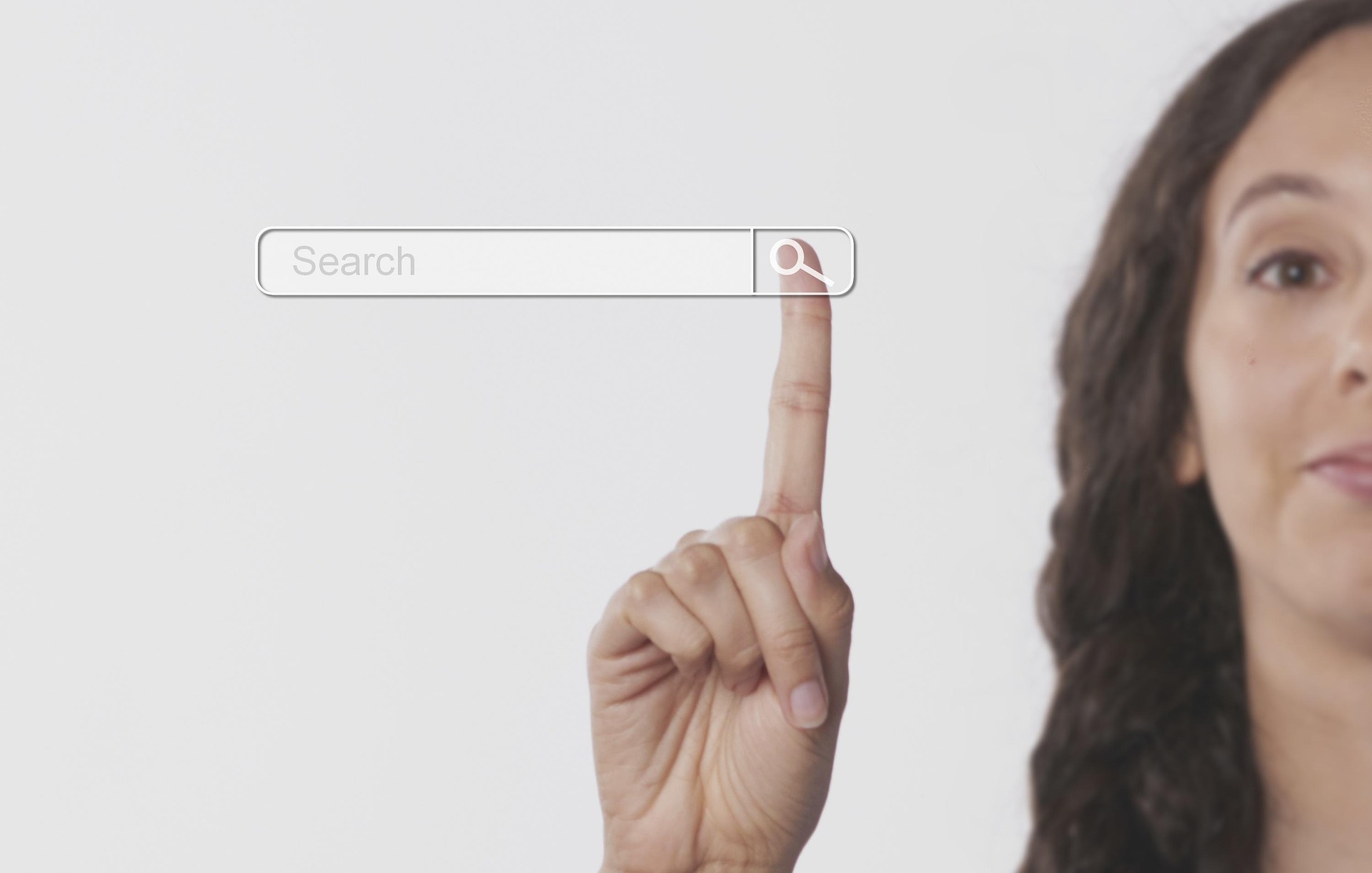Data Room Services: How to Choose Secure Solutions for Storing and Sharing Sensitive Documents
Data room services provide a secure environment for storing and sharing sensitive documents, making them essential for businesses and organizations that handle confidential information. This article explains the key features to look for in a data room, such as encryption, access controls, and user permissions. You’ll also learn about the importance of provider reputation, compliance with industry standards, and ease of use. By understanding these factors, you can make an informed decision when selecting a data room service that meets your security and collaboration needs.
What are data room services and how do they work?
Data room services, also known as virtual data rooms (VDRs), are secure online repositories for storing and sharing confidential documents. These platforms allow authorized users to access, view, and collaborate on sensitive information from anywhere in the world. Data rooms utilize advanced encryption and access controls to ensure the security of stored documents.
Why are data room security features crucial for businesses?
The security features of data rooms are paramount for protecting sensitive corporate information. These features typically include:
- Multi-factor authentication
- Granular user permissions
- Document watermarking
- Audit trails
- Data encryption at rest and in transit
By implementing these security measures, businesses can mitigate the risk of data breaches and unauthorized access to confidential information.
How do encryption and access controls enhance data protection?
Encryption and access controls are fundamental components of data room security. Encryption ensures that data is unreadable to unauthorized parties, even if intercepted. Access controls, on the other hand, determine who can view, edit, or download specific documents within the data room.
Advanced data rooms employ 256-bit AES encryption, which is considered virtually unbreakable. This level of encryption protects data both during transmission and while stored on servers. Access controls allow administrators to set user-specific permissions, ensuring that individuals only have access to the information relevant to their roles.
What factors should be considered when choosing a data room provider?
When selecting a data room provider, businesses should consider several key factors:
- Security certifications (e.g., ISO 27001, SOC 2)
- Ease of use and user interface
- Customization options
- Customer support and training
- Pricing structure
- Integration capabilities with existing systems
It’s essential to choose a provider that not only meets your current needs but can also scale with your business as it grows.
How do data rooms ensure compliance with industry standards?
Data room providers often adhere to various industry standards and regulations to ensure compliance. These may include:
- GDPR (General Data Protection Regulation)
- HIPAA (Health Insurance Portability and Accountability Act)
- SOX (Sarbanes-Oxley Act)
- FINRA (Financial Industry Regulatory Authority)
By choosing a compliant data room provider, businesses can ensure they meet legal and regulatory requirements for data protection and privacy. This is particularly important for industries such as healthcare, finance, and legal services, where strict data handling regulations are in place.
What are the best practices for sharing sensitive documents in a data room?
When sharing sensitive documents in a data room, it’s important to follow best practices to maintain security:
- Implement a clear access hierarchy and user roles
- Use dynamic watermarking to deter unauthorized sharing
- Enable view-only access for highly sensitive documents
- Set expiration dates for temporary access
- Regularly review and update user permissions
- Utilize the data room’s audit trail features to monitor activity
How do data room services compare in terms of features and pricing?
When evaluating data room services, it’s important to compare features and pricing to find the best fit for your organization. Here’s a comparison of some popular data room providers:
| Provider | Key Features | Cost Estimation |
|---|---|---|
| Intralinks | Advanced document security, AI-powered insights, integration capabilities | Starting at $500/month for basic plans |
| Datasite (formerly Merrill) | Deal marketing tools, AI-powered redaction, customizable dashboards | Custom pricing, typically $15,000-$25,000 for medium-sized deals |
| SecureDocs | Flat-rate pricing, intuitive interface, rapid setup | Starting at $250/month for unlimited users |
| Firmex | Drag-and-drop upload, bulk user invitations, customizable watermarking | Custom pricing, typically $5,000-$15,000 per transaction |
| iDeals | Multilingual support, mobile app, customizable interface | Starting at $400/month for small teams |
Prices, rates, or cost estimates mentioned in this article are based on the latest available information but may change over time. Independent research is advised before making financial decisions.
In conclusion, data room services provide essential tools for secure document sharing and collaboration in today’s digital business environment. By carefully considering security features, compliance standards, and best practices, organizations can leverage these platforms to protect sensitive information and streamline their operations.
The shared information of this article is up-to-date as of the publishing date. For more up-to-date information, please conduct your own research.





